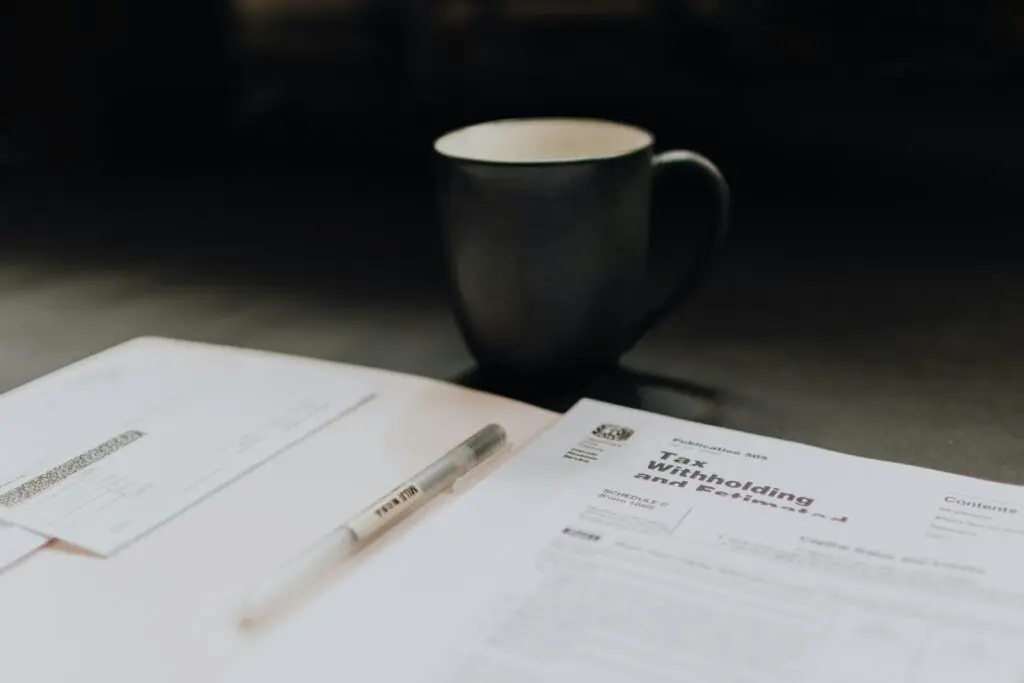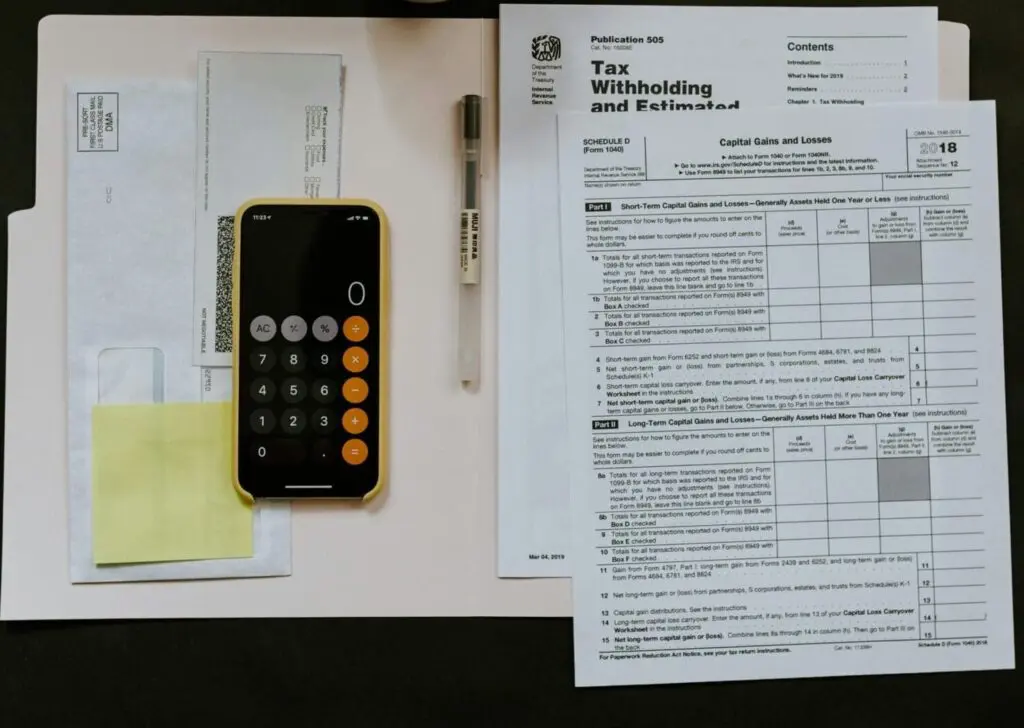You have finished your novel, essay or poem and are ready to publish it. You literary work is original, and yes, congratulations, legally you are an author even before publication.
Authors’ rights
Your literary work is protected in Spain by what are known as “authors’ rights” (derechos de autor), regulated by the Spanish Ley de Propiedad Intelectual (Intellectual Property Act) and protected internationally by the World Intellectual Property Organization (WIPO). Authors’ rights protect your literary work, consolidating your right to obtain certain benefits from your intellectual activity, and they regulate the way in which your work will become part of Culture with a capital C. You enjoy two kinds of rights:
I. Moral rights: These are rights that belong to you as the author and that only you can exercise; they are inalienable and non-transferable. The most important ones are your right to be identified as the author and the right you possess to preserve and determine the integrity of your work.
II. Economic rights: These are rights that protect your earnings from the work. You can assign them in return for remuneration and they are also of limited duration.
We have to start from the basis that all economic rights, absolutely all of them, are yours: they belong to the author.
And when you assign these rights in return for remuneration, you will have to consider certain complications and get proper advice. Whether or not you appoint an agent is up to you, and as a lawyer it is not for me to insist that you do so. In any case, your rights, your literary assets, are ultimately your responsibility.
The 10 key points in publishing contracts
It is important to negotiate certain limits on your assignment of rights, difficult though this is for a novice author, paying attention to the following ten key points:
- Remuneration: First things first. As the author you own all the economic rights to your work and the right to receive proper remuneration for assigning them. This remuneration will be directly proportional to how influential and well known you are. You are the only one entitled to authorise the reproduction or publication, distribution and public communication of your work, as well as its modification. You must be quite clear that its content generates direct and indirect profits for the publisher, and therefore you must give due value to your contribution, without which the publishing business would be impossible.
- Royalties: The remuneration for assignment of rights is what is known as “royalties” (canon in Spanish). Depending on the author and the publisher royalties can range between 5% and 15%, and in many cases they are on a sliding scale, according to the number of copies sold. They will also vary for digital editions (ebooks) and for foreign countries and languages.
- Payments on account: Normally a payment is made to the author on account on signing the contract. This also varies in each case.
- Territory and languages: This is the factor that will clearly determine in which countries your work is going to be distributed, and you must try not to assign worldwide rights nor rights for all languages.
- Digital publication: It is also you that decides whether you are going to assign the rights to publish your work in digital format, or at least to clarify in which media the work is going to be digitally distributed.
- Derivative works and products: Your work may be turned into a film, animations or games and may take on a variety of digital formats, online or in magnetic storage media. Other marketable products may also be developed from it. As the author, you would be well advised to clarify how far you are going to assign your rights in such products.
- Manuscript: The final manuscript will be delivered in digital format, normally in Word, enclosing a couple of printed copies, depending on the publisher. It is important to get a receipt for delivery indicating the date. The manuscript should be delivered with the pages clearly numbered, including a list of contents and any instructions or illustrations that you want to suggest for publication. You can also suggest the title and the text or other details for the front and back cover, although it will usually be the Publisher that chooses these according to their editorial and commercial judgement.
- Editing: The publisher will reserve the right to edit and modify the manuscript, with your permission. In any case you, as the author, will have the inalienable right to correct the final text without additional cost, provided that you do not substantially change the original work.
- Publication: The date of publication will have to be negotiated, although the publisher normally includes a margin of a few months around the agreed date. The number of copies and type of edition will also have to be included in these negotiations.
- Copyright: Normally, once the publication rights in the work have been assigned, the publisher will assign copyright to itself, according to the contract. Established authors may negotiate having the copyright in their own name, but in practice this is difficult to achieve for a novice author.
Right then, author. Shall we talk about your book?







